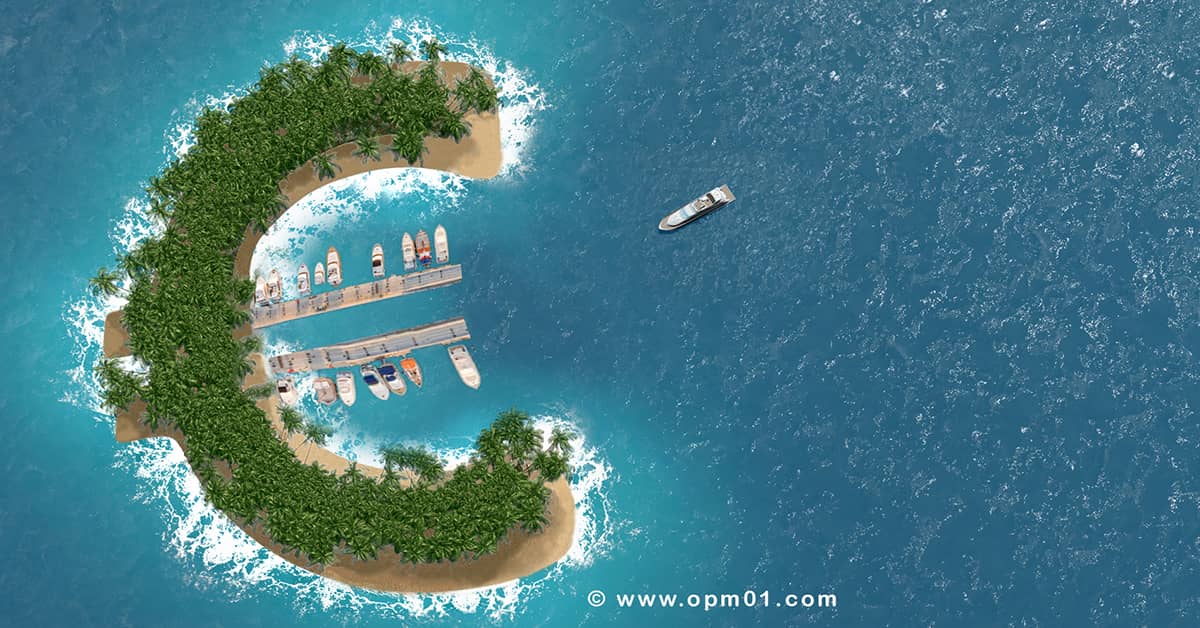Accelerate Your International Growth: Offshore Company Formation Assistance
Wiki Article
Master the Art of Offshore Company Development With Expert Tips and Approaches
In the realm of worldwide organization, the establishment of an offshore business requires a critical technique that goes beyond plain documentation and filings. To browse the details of offshore business formation successfully, one should be fluent in the nuanced suggestions and approaches that can make or break the procedure. By understanding the benefits, intricacies of territory option, structuring methods, compliance demands, and ongoing management essentials, one can unlock the complete potential of overseas entities. These skilled understandings offer a peek into a world where savvy decisions and careful planning lead the way for success in the international business landscape.Advantages of Offshore Business Development

Developing an overseas business supplies an array of benefits for companies seeking to maximize their financial operations and global presence. Among the primary advantages is tax optimization. Offshore jurisdictions typically offer favorable tax obligation frameworks, enabling companies to decrease their tax obligation worries legally. This can cause considerable cost financial savings, enhancing the company's profitability over time.
Furthermore, offshore companies provide improved personal privacy and discretion. In numerous territories, the information of company possession and monetary info are kept confidential, providing a layer of security versus competitors and prospective threats. This privacy can be particularly valuable for high-net-worth people and businesses operating in sensitive markets.
Furthermore, offshore companies can help with worldwide company development. By developing a visibility in several territories, companies can access brand-new markets, diversify their income streams, and reduce risks related to operating in a solitary place. This can bring about enhanced strength and growth chances for the service.

Picking the Right Territory
Because of the countless benefits that offshore business formation can use, a vital critical consideration for services is selecting one of the most appropriate jurisdiction for their operations. Selecting the ideal territory is a choice that can substantially affect the success and efficiency of an offshore business. When selecting a territory, variables such as tax laws, political stability, legal structures, privacy laws, and reputation needs to be meticulously assessed.Tax policies play a vital duty in determining the economic advantages of running in a specific jurisdiction. Some offshore areas use beneficial tax obligation systems that can aid businesses lessen their tax obligation liabilities. Political security is vital to ensure a secure service atmosphere free from prospective disturbances. Legal structures differ throughout territories and can influence exactly how organizations run and deal with disputes. offshore company formation.
Privacy legislations are crucial for keeping confidentiality and safeguarding sensitive business information. Choosing for jurisdictions with robust personal privacy legislations can protect your business's information. Furthermore, the track record of a jurisdiction can influence how your company is viewed by clients, companions, and financiers. Picking a jurisdiction with a solid credibility can enhance reliability and Read Full Article rely on your offshore company. Careful consideration of these factors is vital to make an informed decision when selecting the right territory for your overseas business formation.

Structuring Your Offshore Business
When establishing your offshore business, the structuring process is an important action that needs cautious planning and consideration. The means you structure your offshore company can have significant effects for taxation, responsibility, conformity, and overall operational efficiency. One typical structuring option is to develop a standalone offshore entity that operates individually from your onshore service. This can provide added possession protection and tax obligation advantages but may likewise involve greater arrangement and maintenance costs. An additional approach is to develop a subsidiary or branch of your existing firm in the offshore territory, permitting closer combination of procedures while page still gaining from overseas advantages.Consideration must additionally be offered to the ownership and monitoring framework of your offshore business. Choices regarding investors, supervisors, and police officers can affect governance, decision-making procedures, and governing commitments. It is recommended to look for specialist advice from legal and economists with experience in overseas company formation to ensure that your chosen structure aligns with your business goals and adhere to appropriate laws and regulations.
Compliance and Guideline Fundamentals

Engaging with lawful experts or conformity specialists can this post provide important guidance in navigating complicated regulative frameworks. By focusing on compliance and law basics, offshore companies can run morally, reduce threats, and construct count on with stakeholders and authorities.
Upkeep and Ongoing Monitoring
Reliable monitoring of an overseas business's recurring maintenance is crucial for guaranteeing its long-term success and compliance with regulatory demands. Normal maintenance tasks include upgrading corporate documents, renewing licenses, submitting yearly reports, and holding investor meetings. These activities are vital for maintaining good standing with authorities and protecting the lawful status of the offshore entity.In addition, recurring management entails managing financial purchases, monitoring compliance with tax obligation policies, and adhering to reporting requirements. It is necessary to designate competent professionals, such as accountants and legal consultants, to assist with these duties and make certain that the firm runs efficiently within the confines of the legislation.
Additionally, staying informed concerning adjustments in regulation, tax laws, and compliance standards is critical for effective ongoing monitoring. Regularly evaluating and updating corporate administration methods can help mitigate threats and make sure that the offshore firm stays in good standing.
Conclusion
To conclude, grasping the art of offshore business development calls for careful factor to consider of the advantages, jurisdiction choice, firm structuring, compliance, and continuous monitoring. By comprehending these crucial elements and implementing expert tips and approaches, individuals can efficiently develop and keep overseas firms to optimize their company chances and financial advantages. It is essential to prioritize conformity with guidelines and faithfully manage the firm to ensure long-term success in the offshore organization environment.Report this wiki page